Your Roadmap to Healthier, Fuller Hair
Polycystic Ovary Syndrome (PCOS) affects millions of women worldwide. It is often linked to symptoms like irregular periods, acne, weight gain, and unwanted hair growth on the face or body. But one symptom that doesn’t get enough attention is hair loss in women with PCOS.
For many women, this isn’t just about appearance — it can affect confidence, mental health, and overall well-being. The good news is that by understanding why it happens and how to manage it, you can take back control over your hair health.
Why Does PCOS Cause Hair Loss?
When you have PCOS, your body may produce more androgens (male hormones) than usual. These hormones can:
-
Shrink hair follicles
-
Shorten the hair growth cycle
-
Make new hair grow thinner and weaker
Over time, this can lead to androgenic alopecia — a type of female pattern hair loss. In this condition, hair usually thins at the crown and top of the head, while the hairline often remains intact.

Other factors that can make hair loss worse in PCOS include:
-
Stress – increases cortisol, which disrupts hormones
-
Nutrient deficiencies – lack of protein, iron, or zinc weakens hair
-
Insulin resistance – common in PCOS and affects hormone balance
-
Damaging hair habits – overuse of heat styling, tight hairstyles, or harsh chemicals
Signs Your Hair Loss May Be Linked to PCOS
Hair loss happens to everyone — we all shed some strands daily. But with PCOS-related hair loss, the pattern is different. Look out for:
-
Thinning mostly on the top or crown of your head
-
A wider hair part than before
-
Hair breaking easily
-
Finer, weaker strands replacing your normal thickness
If you notice these changes along with other PCOS symptoms, hormones are likely the cause.
How to Manage and Treat PCOS Hair Loss?
Managing hair loss in women with PCOS means working on the inside (hormones, diet, and lifestyle) as well as the outside (hair care).
1. Balance Your Hormones
-
Consult a gynecologist or endocrinologist
-
Birth control pills or anti-androgen medications may be prescribed to reduce androgen effects
-
Regular check-ups help track progress
2. Improve Your Diet and Nutrient Intake
Your hair needs the right nutrients to grow strong. Include:
-
Protein – eggs, chicken, fish, beans
-
Iron – spinach, lentils, red meat
-
Omega-3 fatty acids – salmon, walnuts, flaxseeds
-
Zinc & Biotin – nuts, seeds, whole grains
Since many women with PCOS struggle to meet all their daily nutrient needs through food alone, a high-quality multivitamin can help fill in the gaps. Look for one that includes biotin, vitamin D, zinc, and iron — all of which support healthy hair growth and reduce the risk of further thinning.

3. Exercise and Manage Weight
-
Regular physical activity improves insulin sensitivity
-
Aim for a mix of strength training and cardio exercises
4. Use Proven Hair Growth Treatments
-
Minoxidil (topical solution) is FDA-approved for hair regrowth
-
Scalp massages with coconut or rosemary oil boost circulation
5. Manage Stress Levels
-
Yoga, meditation, and deep breathing exercises help keep cortisol under control
-
Ensure 7–8 hours of quality sleep
Hair Care Tips to Protect What You Have
While medical treatments target the cause, good hair care prevents further breakage:
-
Use a mild, sulfate-free shampoo
-
Avoid tight hairstyles that pull on roots
-
Limit heat styling tools like straighteners and curlers
-
Protect your hair from sun and pollution with a scarf or hat
-
Don’t over-wash — 2–3 times a week is enough for most hair types

When to See a Doctor?
If you’ve tried lifestyle changes for several months and your hair loss is still getting worse, it’s time for medical help. A dermatologist may recommend:
-
Blood tests for hormone and nutrient levels
-
PRP (Platelet-Rich Plasma) therapy
-
Low-level laser therapy to stimulate hair follicles
Living with PCOS Hair Loss
Dealing with hair loss in women with PCOS is not just about physical appearance — it can affect your self-esteem and mental health. Many women find it helpful to:
1: Try hairstyles that add volume or use clip-in extension
2: Join support groups or online communities for PCOS
3: Focus on overall health improvements, not just hair
Remember, changes won’t happen overnight. Hair growth is slow — often taking 3–6 months before noticeable improvements. Be patient and consistent with your routine. Pairing good nutrition with a targeted multivitamin can give your body the building blocks it needs to grow healthier, stronger hair.
Regaining Healthy Hair with the Right Care and Nutrition
Hair loss in women with PCOS can be challenging, but it’s not hopeless. By balancing hormones, improving diet, exercising, managing stress, and taking good care of your hair, you can slow down the thinning and encourage new growth.
Adding a multivitamin that’s rich in hair-supporting nutrients can give you an extra boost, especially if your diet alone doesn’t meet all your needs. With the right approach, you can work toward healthier hair — and restore your confidence.


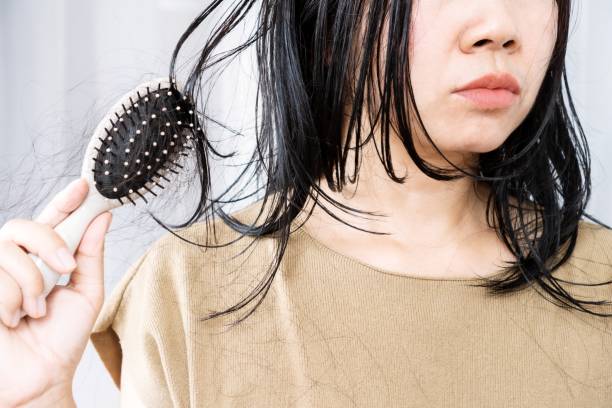
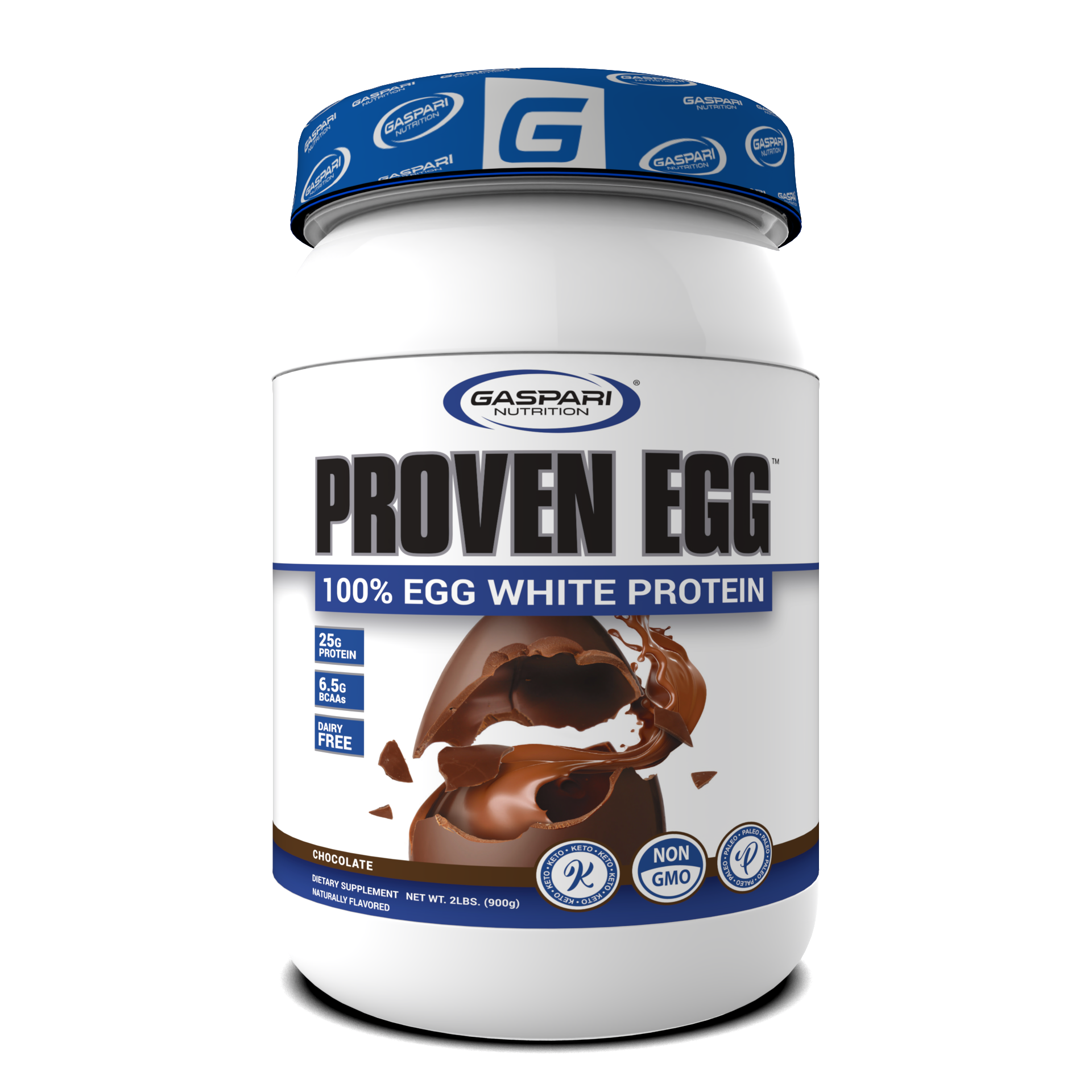



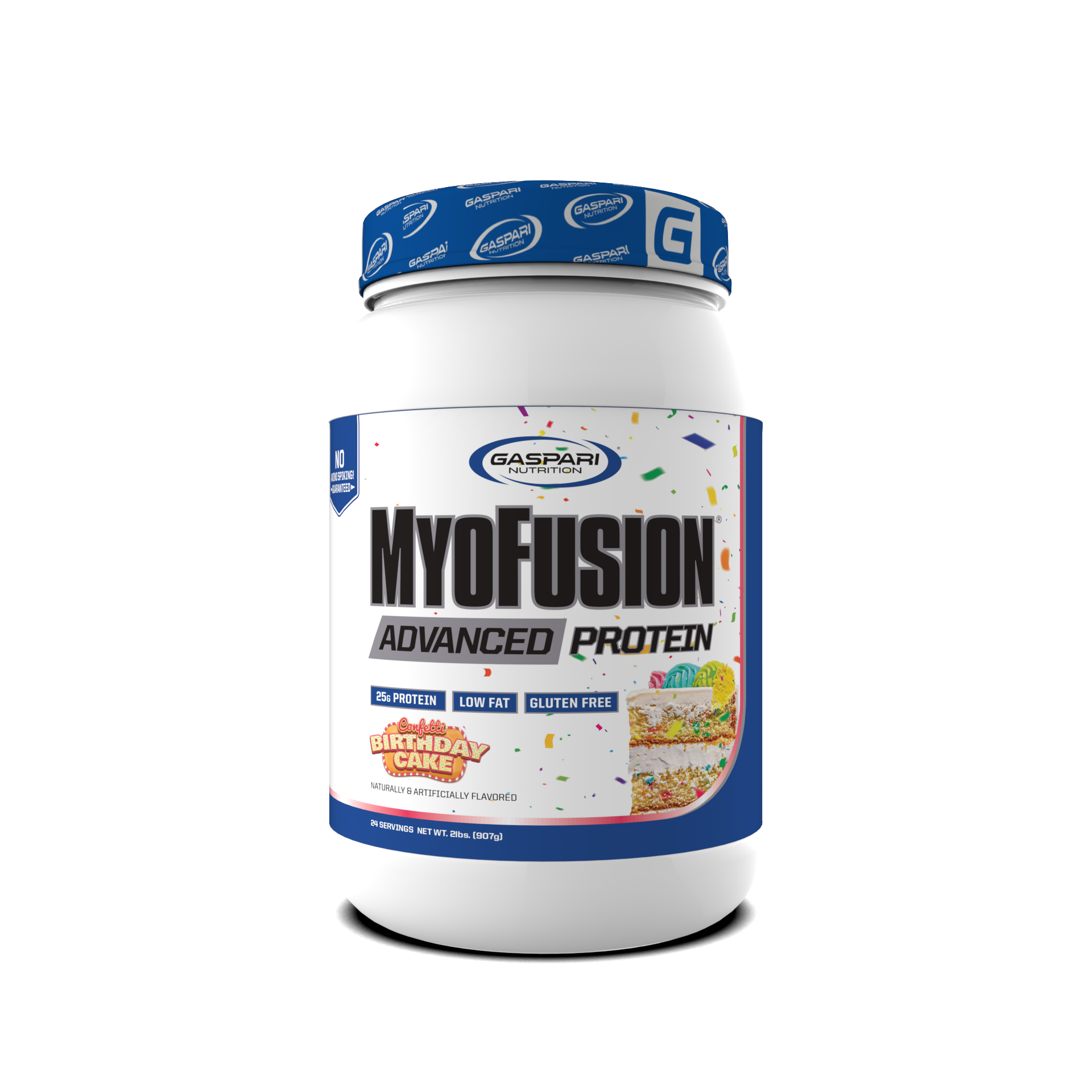








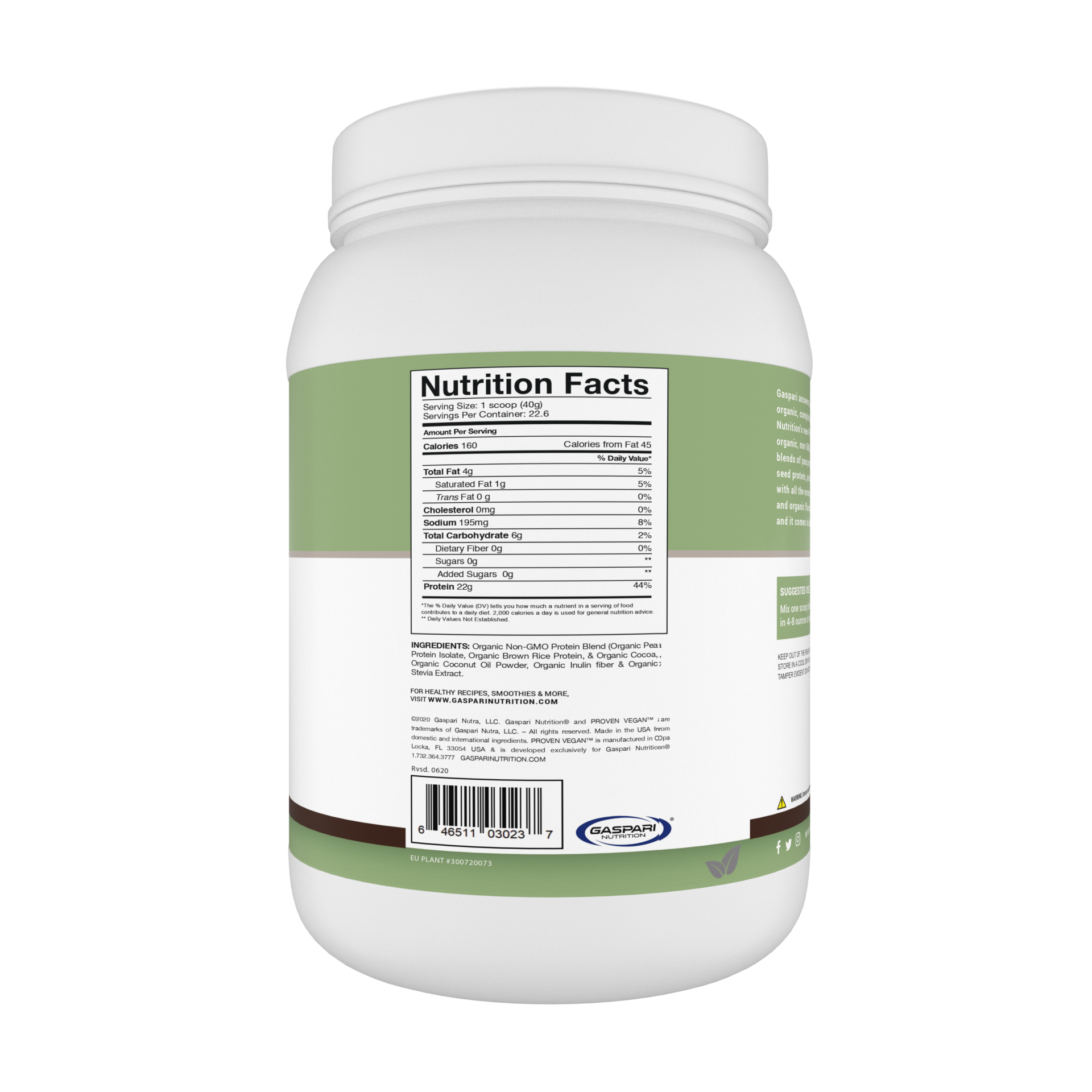










































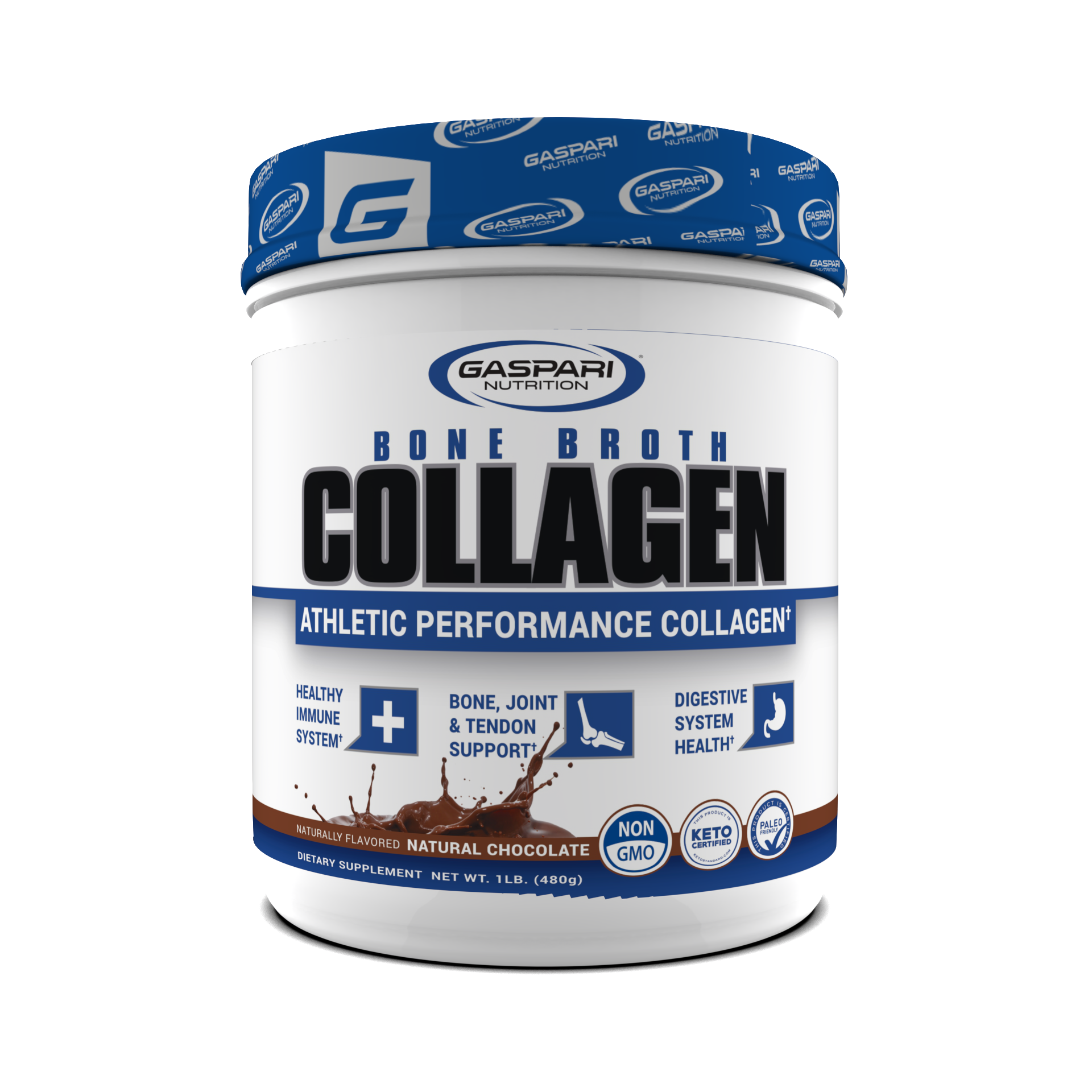



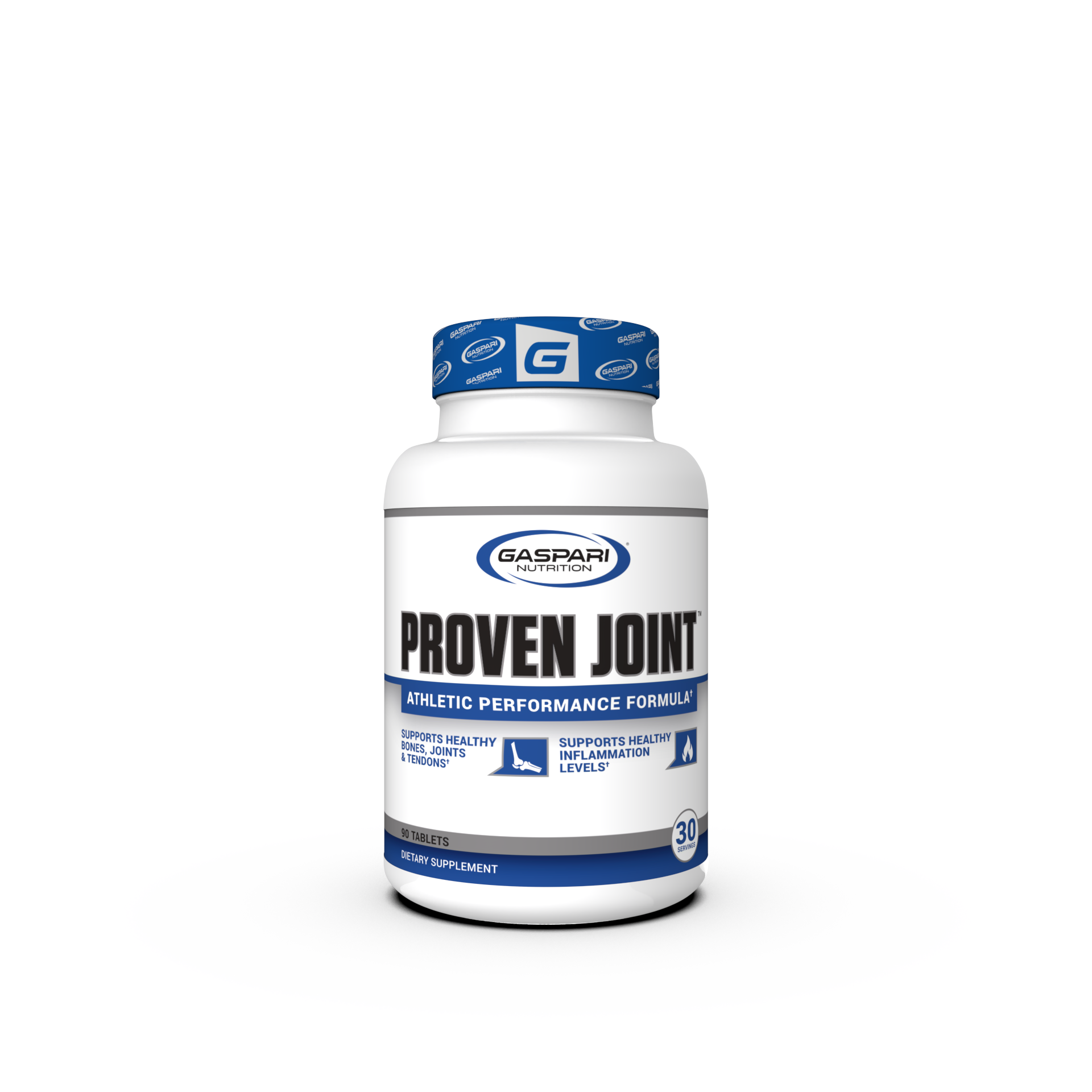








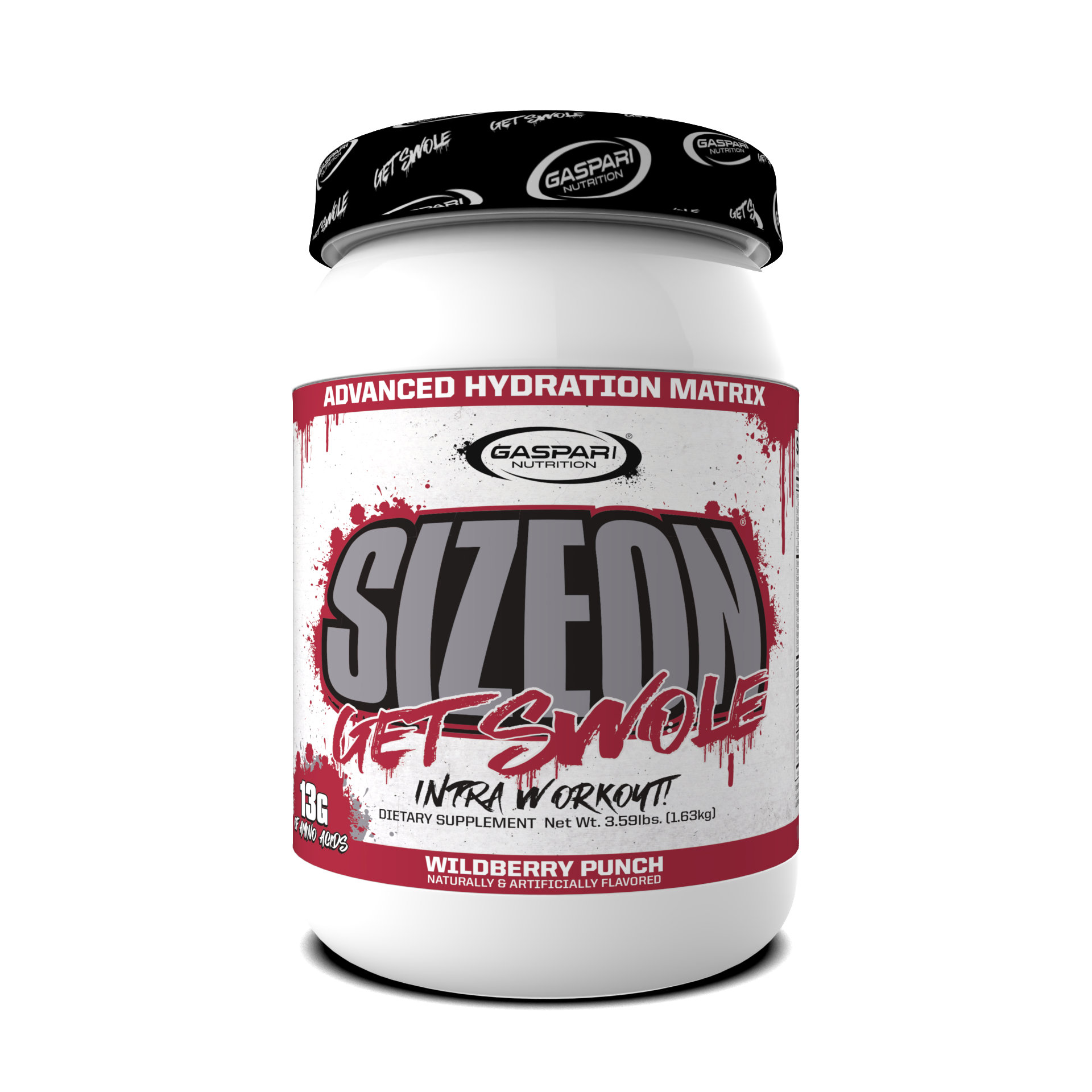


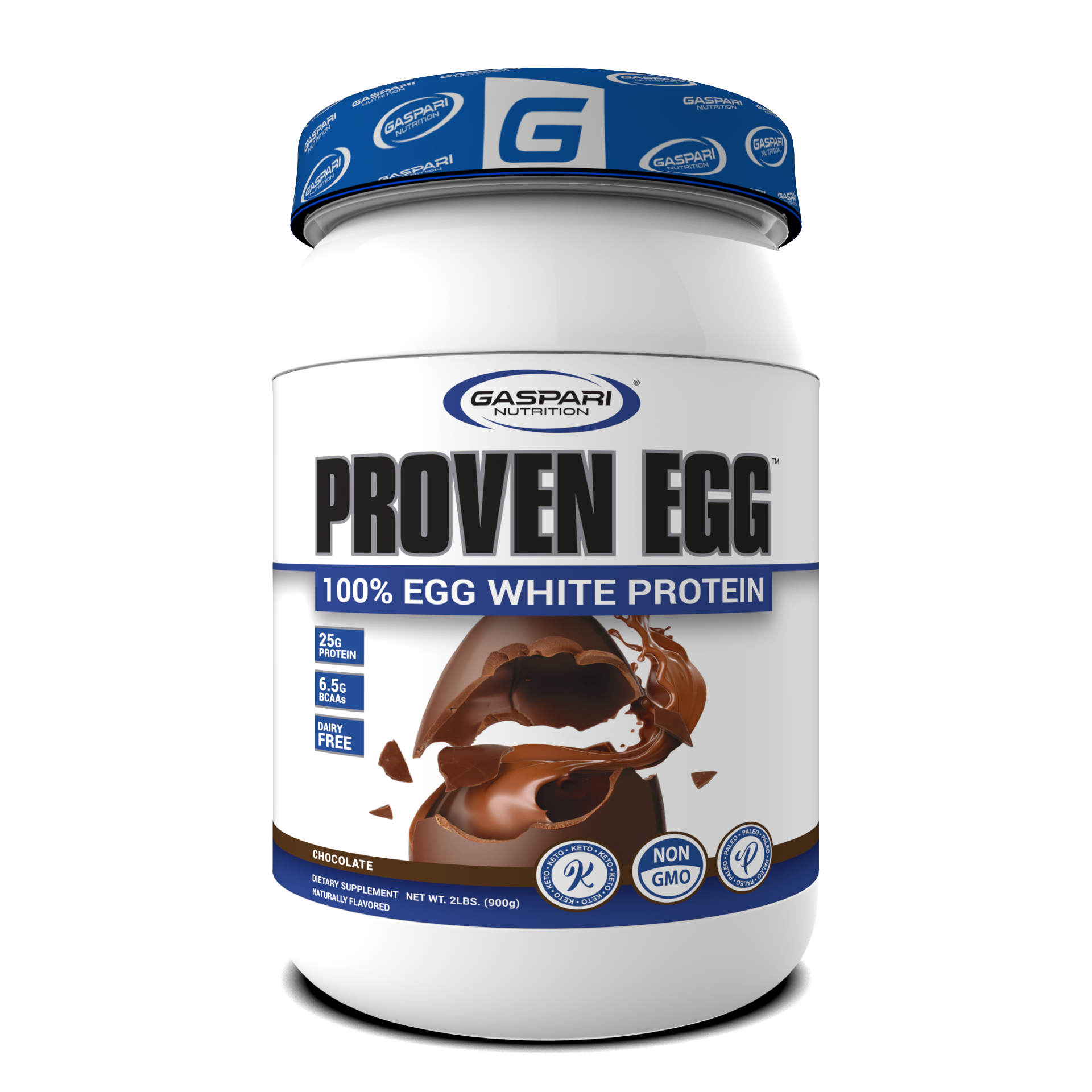

Share:
What Is L-Carnitine And How Can It Improve My Health?